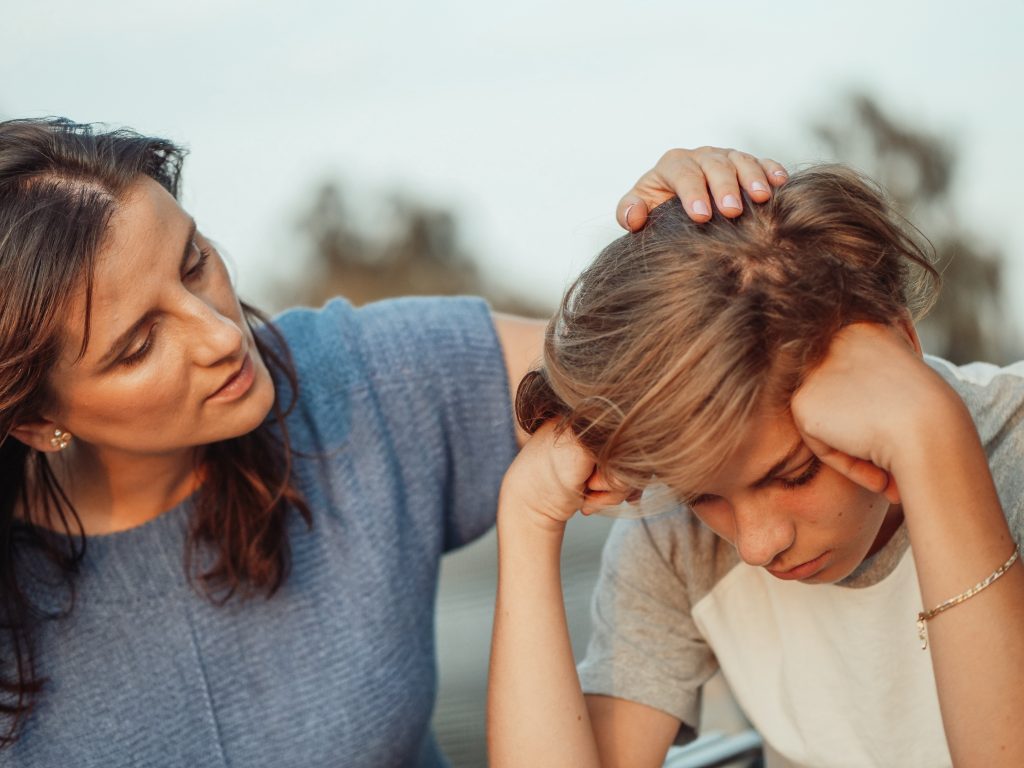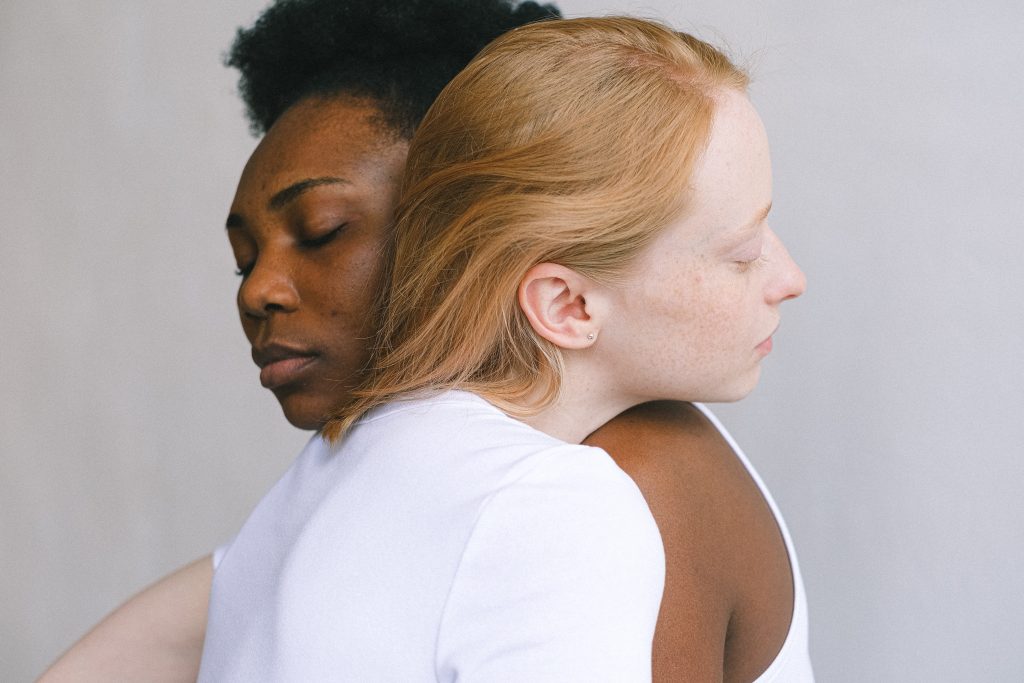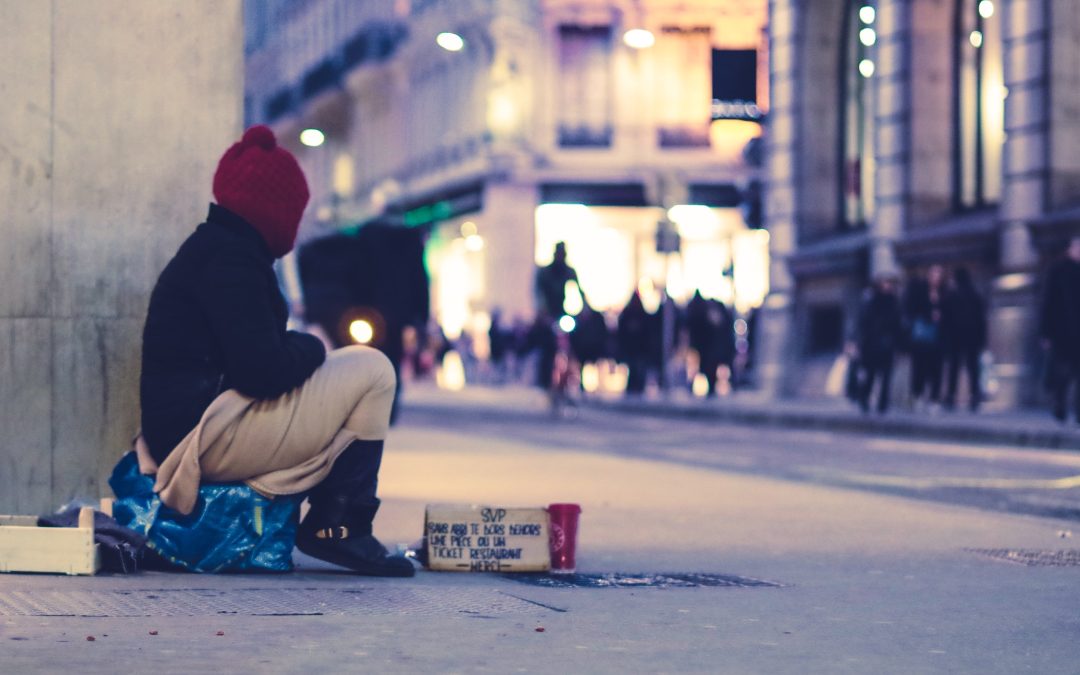We live in a world where people live their lives based on public opinion. It has become too common for people of the LGBTQ community to be out on their own because they are stuck in a world where nobody understands them. Imagine living in a world where people constantly judge you and want to harm you because of being different. Usually when going through hardships, having a huge support system helps. But when you do not have your parents’ support, who will guide you in life? Since certain people of the LGBTQ+ have hardships, it leads them to make painful decisions.
Sometimes the decision they make can be very risky. Especially, when you do not have another place to live, it causes a person to be left out on the streets. According to the True colors fund, 1.6 million youth are homeless each year. But only 40% of them identify as LGBTQ. It doesn’t stop there, people in the Lgbt community are more likely to be homeless than straight people. The article Lgbtq+ youth homelessness by National Network for youth discusses the state the members are in right now.
“Research has shown that those who identify as lesbian, gay, bisexual, transgender, or questioning (LGBTQ+) have a 120% higher risk of experiencing some form of homelessness. With up to 40% of the 4.2 million youth experiencing homelessness identifying as LGBTQ+ while only 9.5% of the U.S. population, LGBTQ+ youth disproportionately experience homelessness compared to their straight and cisgender peers.”

Monstera-A girl talking to her parents
People with identity issues need a strong support system to help them get through hard times. Since most of them do not have that, they end up dealing with their problems in unhealthy ways. Understand that there are numerous reasons why a person can be homeless. For some, it is financial, but for others in the LGBTQ community, it is because of family issues. When you are born into a family with traditional values, it can be sometimes challenging to live by. We need to think clearly about what drives young adults to struggle on their own. In the article common LGBT issues for Families, Tyler Rich speaks on the reasoning behind the family rejection and how it plays a part in homelessness.
“Issues that I see families deal with is navigating what coming out means to the family and building a comfortable level of talking openly about your teenager’s sexuality. Working on nurturing and improving relationships and communication skills during this transition is critical for developing self-acceptance in your child,” Tyler Rich continues.
“Family rejection of a gay child is more than the child being kicked out because of their sexuality. Family rejection comes from not feeling loved and accepted by your parents. Family rejection leads to poor self-esteem, increased risk of suicide, and drug use.”
One of the main problems for families that have queer children is coming to an understanding. Most parents in this situation fail to see where their child is coming from. That is the bad part about it because they make false assumptions about the situation before really seeing it from the children’s eyes. This can cause conflict because the parents think that this is what’s best for the child when really it becomes more problematic.

Kindel Media-A woman speaking to a young boy
This leads parents to have certain ideals that they want their children to be. They think that having these ideals can help with their children’s development. when really it can complicate things if the child develops differently. Most parents cannot understand that at all which causes them to believe resources that harm their children. In the article Homophobic, and transphobic parents make abusive homes. Let’s help LGBT kids get out. Jessica Valenti speaks on how a parent’s ideal image of a child can be harmful.
“The harm in denying someone’s gender identity or sexuality is already evident. For example, the use of so-called “conversion therapy” – the thoroughly debunked and generally religious counseling programs claiming that LGBT people can be talked into being either straight or cisgender – is illegal in California, New Jersey, and Washington DC. States including Illinois, New York, and Massachusetts are also considering measures that would ban the practice,” Jessica Valenti continues.
“Laws and reputable groups appreciate that “conversion therapy”, even when led by so-called professionals, is harmful: the World Health Organization has called it “a serious threat to the health and well-being – even the lives – of affected people.” But being subjected to it by one’s own parents should be seen as equally if not more detrimental to children and teens’ wellbeing.”
Programs like conversion therapy are supported by parents that have a homophobic mindset. When you are raising a child that is going through an identity crisis, the last thing you want to do is use them as a punching bag. Some parents who do not agree with this behavior tend to be hard on their children because they care what other people think about them. Parents who think like this tend to live up to an image that is portrayed by the public perception. Since that is the case, they only care about being perfect instead of helping their child be a sane human being. When this happens, this puts extreme pressure on the child. Which leads them not only to self-harm but to kill themselves.

Anna Shvets- Women hugging each other
Based on Research by the Trevors project 2022 National Survey on LGBTQ Youth Mental Health that 45% of LGBTQ youth of color are at an increased risk of suicide. While transgender and nonbinary are at 48%. Why is that? People are committing suicide because of the amount of depression they face. Since Lgbtq+ members have so many problems, it takes a toll on their mental health. According to Mental health America, teens are six times more likely to experience symptoms of depression. LGBTQ youth are twice as likely to feel suicidal and are four times as likely to attempt suicide. Understand that figuring out their identity is a struggle and getting others to accept them for who they are is emotionally exhausting.
What can the family do differently so we have a better outcome for the LGBTQ+ youth?
What we can do is have better communication. A lot of the reasons why most families deal with misunderstanding is because of how we address the situation. Most parents do not know how to communicate with their children about their identities. One thing they can try is to learn to have a conversation without feeling they are attacking the person. You can still get your point across without yelling and screaming. Make sure you hear what each other is coming from first before drawing anything conclusions.
The second thing I would suggest is families do is get educated about what is going on. Finding out that your child is a part of the LGBTQ community, so at least find more information on what she identifies as and have the plan to accept that moving forward. If you need assistance to help you understand, joining an LGBTQ group for parents like yourself to help you grasp the situation better is not a bad idea. We all need assistance in being informed on what is going on in our lives and joining therapy should always be an option.

Juan Pablo Serrano Arenas- Two people holding hands
Always being a good support system is something you should think about when dealing with a child of the LGBTQ community. You as a parent have to understand that your child was born this way and trying to change them will be a complete waste of your time. Try to see who your child is and learn to love them just the same in the process. Neglecting your child and having them go on the streets is not a way to solve the problem. Trying to maintain a relationship with your child is the most important thing in life.
Eventually, you will start to regret mistreating your child when it’s too late. There are multiple ways to prevent your child from being on the streets. If parents have to change their thinking when it comes to their child, then maybe they should start doing some self-evaluation. This is not about you right now, this is about supporting your child in a very difficult time in their life.
Sometimes parents cannot take challenges that are coming ahead so they decide to take their kids out of the equation. Certain parents will cater to what people think than what their child needs. This type of thinking helps young adults get thrown on the streets and leaves them in a situation with no hope. We as a collective need to do better. Not only should we keep our streets safe for the youth but we should make sure our family has a solid foundation. Once that is solid, kids won’t feel they have to end up in the streets.
Sources:
Homelessness and Housing Instability Among LGBTQ Youth – The Trevor Project
https://nn4youth.org/lgbtq-homeless-youth/
https://lesley.edu/article/the-cost-of-coming-out-lgbt-youth-homelessness


